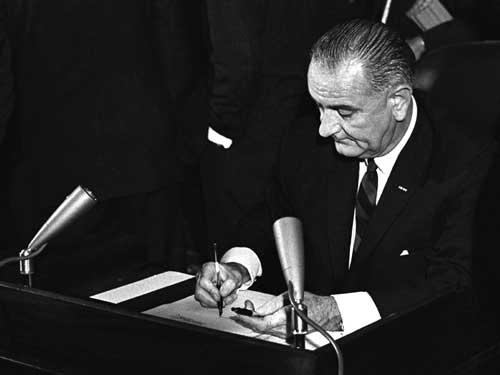Author’s Note: This specific reflection was written in the days after the Orlando Pulse Nightclub shooting, but asks the same questions that occurred after each of the terrible events which dominated this summer’s news coverage.
Dear LBJ school community,
Sometimes a terrible event arrests us and demands that we ask ourselves – what am I doing? What is my purpose? Why am I on the path that I currently pursue?
Sadly, there were several tragic events this summer, but above all others, the mass shooting of mostly queer and mostly Latinx and Afro-Latinx persons at Orlando’s Pulse nightclub pushed me to ask myself these reflective questions.
It would be easy to tell myself – in celebratory tones – that I am studying Public Policy. It is reassuring to tell myself that with the help of my MPA from the LBJ school I can change laws to reduce gun access, that I can shape programs to be more inclusive of queer folks, that I can attempt to reduce the threat of deportation and improve the lives of Latinx persons, or that my enhanced access to the halls of power will somehow prevent increases in Islamophobia in the wake of the Pulse Massacre.
But to me, these answers ring hollow, and feel forced.
The idea that any of the changes listed above, or others like them, will be achieved by simply increasing the number of competent and well meaning “policy professionals” seems at best optimistic, and at worst, delusional. Not to discredit the work of previous graduates, government officials, and leaders of civil society – or to undercut the power of incremental change – but more of the same is probably not going to do it. In fact, scores of policy professionals that are well intentioned and amazingly competent already exist and do little to remedy our stagnant and often reactionary politics. I argue that, instead of more of the same, what we really need is a radical expansion of our political imagination, an optimistic explosion of the set of answers that respond to the question “what is possible?” But, depressingly, I do not think that the LBJ school is helping us in this expansion.
The required curriculum for the MPAff degree includes two economics courses, two math courses (I’m sorry, I don’t believe that IEM is a class about telling stories), a course on public management, a course on policy development, and a course on public finance. Any of my classmates will tell you that I like these classes. I am good at them. They are in my wheelhouse. But I have to be honest with myself; these classes do not push me. While these classes build my professional skills and may improve my efficacy in the world that now exists, they also leave me with my white middle class ontology unshaken. In my most cynical moments I am nearly convinced that what they do instead is arm me with empirical techniques capable of rendering any criticism to the current hegemonic outlook illogical, emotional and unfounded.
The televisions in Sid Richardson Hall show CNN on a non stop loop. CNN does not push us. It is the epitome of infotainment. It obsesses over electoral politics and scandal, and ignores the structural dimension of our politics. CNN asks small questions. At times, LBJ students reflexively call the NYTimes and NPR “left wing” news sources, parroting the standard narrative that ideas like a 15 dollar minimum wage or not dropping bombs on citizens are somehow fringe proposals only considered by the young and naive. At parties (even after a few drinks) students chide each other for being unrealistic. Some of our classmates mock persons willing to make the sacrifices needed to engage in painstaking organizing work and direct action.
On the other hand, it is only fair to recognize that there are groups of students at the LBJ school who are committed to changing the school’s culture, to making the student body more diverse and inclusive, and to enacting progressive changes to the school’s policies. I myself have not been an ideal citizen or ally in these efforts. I will commit myself to do better, but internal change and individual effort are not enough.
Instead of acting with the limited power of individuals, why don’t we, as a student body en masse, go out to engage with, and fight for, the most marginalized in the very city we live?
As public policy students supposedly passionate about enacting positive change, we need to go out and work. We need to organize. We need to march. We need to allow ourselves to be led by those most impacted by the negative aspects of our society that, in our honest moments of self reflection, we must acknowledge benefits us most of the time. We need to demand the impossible. It is only fair that we begin this process in the school where we learn together; in an institution that has the resources and knowledge to help us towards these goals and in an environment where practice is possible because the stakes are relatively low. And so to start, we need to demand that the LBJ school help us ask bigger questions, that it shake our convictions, make us uncomfortable, and in the end open space for truly transformative and even liberatory change.
Hopefully yours,
Ben Hirsch
Edited by Marcos Duran

